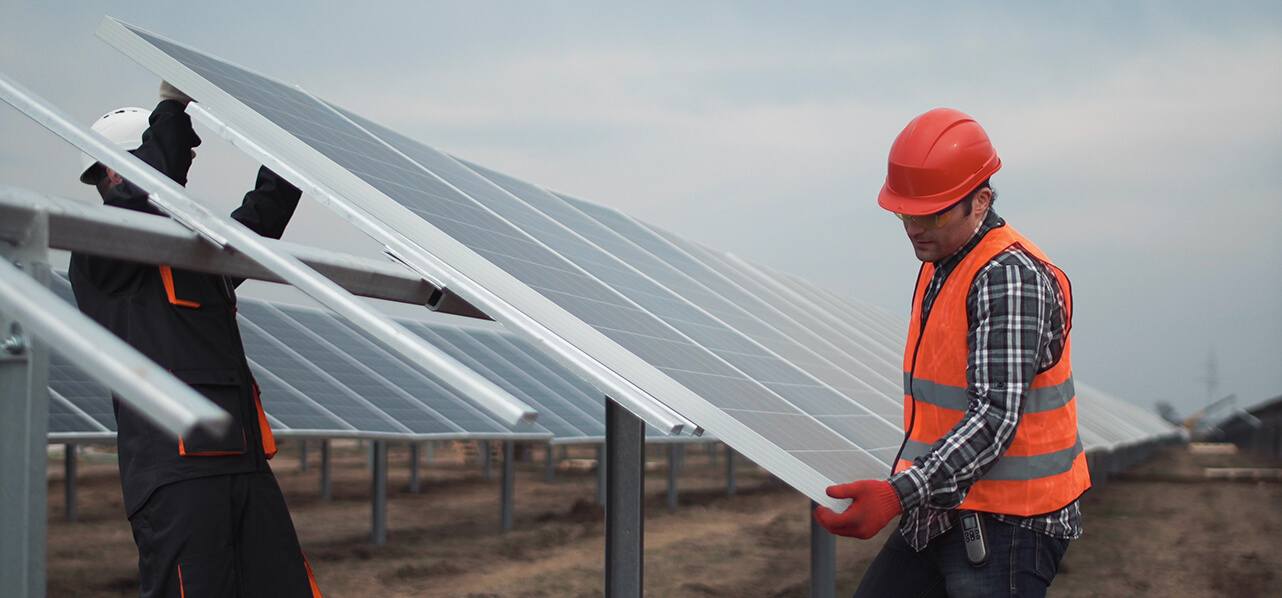The Vietnamese Government recently promulgated Decree 80/2024/ND-CP dated 3 July 2024 on the mechanism for direct power purchase agreements (“DPPAs”) between renewable power generators and large electricity consumers (“Decree 80”). Decree 80, which takes effect on 3 July 2024, represents a major development as the first legislation providing detailed instructions on direct power trading between power generators and corporate off-takers.
Direct Power Trading Models
Decree 80 regulates the direct power trading mechanism between renewable power generators and large electricity consumers via two different models:
- Direct power trading through by physical private transmission lines constructed and operated by generators and/or consumers (“Physical DPPA”). The DPPA between generators and consumers must contain mandatory contents as provided in Decree 80; and
- Synthetic power trading between generators and consumers (“Virtual DPPA”). In this model, the generators sell their electricity to the national grid under a power purchase agreement with EVN (“Generator PPA”) and at the same time, the consumers purchase electricity from the national grid under a separate power purchase agreement with EVN’s subsidiaries or another authorized electricity retailer (“Consumer PPA”). The generators and consumers also sign a contract for difference (“Generator – Consumer CfD”) under which the parties commit to sell and purchase a specific amount of electricity at a specific price. The difference between the committed value under the Generator – Consumer CfD and the amount incurred under the Generator PPA will be settled following the method provided thereunder. The Generator PPA, Consumer PPA, and Generator – Consumer CfD must contain mandatory contents as provided in the appendices of Decree 80.





